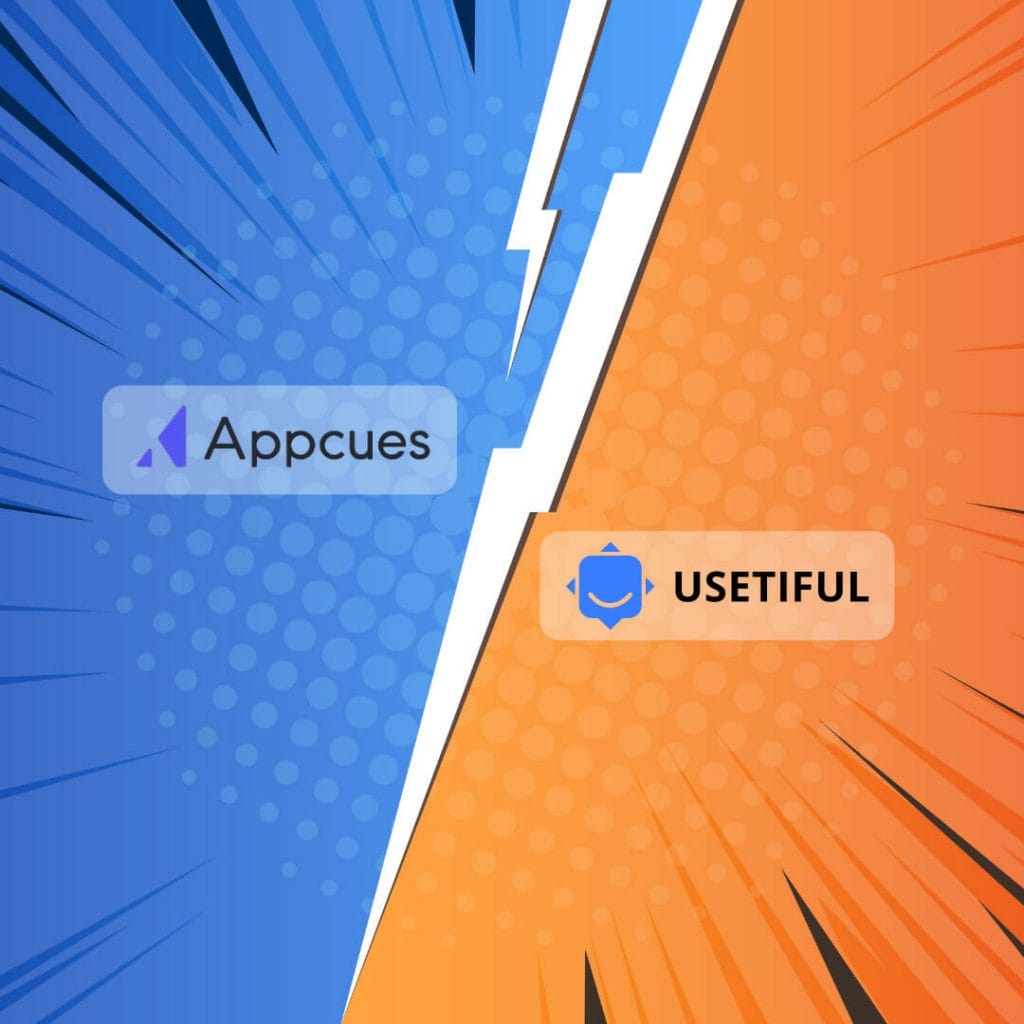Comparing accounting software options can be a daunting task for small business owners, especially when it comes to the long-standing rivalry between QuickBooks and Peachtree (now known as Sage 50). Both software programs offer comprehensive features to streamline bookkeeping tasks, from income and expense tracking to reporting and invoicing.
For decades, QuickBooks has dominated the market, holding 89 percent of the small business accounting software segment in the United States. Peachtree, on the other hand, has always been a worthy competitor, with its own set of strengths and weaknesses. By closely reviewing the similarities and differences between these two popular choices, businesses can make a well-informed decision when selecting the best platform to meet their unique needs.
In this comparison review, we will delve into the key aspects of QuickBooks and Peachtree, examining usability, customization options, pricing, and online capabilities to help you determine which accounting software better aligns with the requirements of your business.
About Quickbooks

Quickbooks is a leading accounting software designed for small businesses and professionals providing a range of bookkeeping and finance services. Developed by Intuit, Quickbooks has become a popular choice among business owners, accountants, bookkeepers, and financial managers alike. This software offers user-friendly interfaces, making it easy to navigate through various features and services.
As a small business accounting solution, Quickbooks simplifies financial management tasks such as tracking income and expenses, managing invoices, and handling bank reconciliations. With its live bookkeeping feature, small business owners can work in real-time with professional accountants to ensure accurate and timely financial records.
In comparison to Peachtree, Quickbooks offers a more straightforward interface, allowing users to quickly access essential bookkeeping and finance tools. Its multi-user version enables collaboration between different team members, making it easier for small businesses to manage their financial data efficiently.
One distinctive feature of Quickbooks is its interview mode, which guides users through the setup process and tailors the software to match the needs of the small business owner. This easy-to-use approach makes Quickbooks a popular choice for those who may not have an extensive background in accounting or finance.
Additionally, Quickbooks come with advanced features such as automatic check signing, which streamlines the payment process for small businesses. By offering a range of customizable accounting services, Quickbooks caters to the unique needs of each small business and helps them efficiently manage their financial operations.
In the ongoing battle of Quickbooks vs Peachtree, it’s essential to consider the specific requirements of your small business and the functionality these accounting software solutions offer. Ultimately, selecting the right software will contribute to more effective and efficient financial management for your business.
About Peachtree

Peachtree, now known as Sage 50, is a popular accounting software specifically designed for small businesses. Sage 50 has evolved over the years, and it now offers two main versions: Sage 50cloud and Sage Peachtree.
Sage 50cloud is an online-based version of the software that comes with additional functionalities like integration with Office 365, enabling you to access your financial data from anywhere with an internet connection. This version allows better mobility and flexibility for business owners who are always on the go.
On the other hand, Sage Peachtree focuses on providing desktop-based accounting solutions. This version comes with various editions such as Peachtree Complete and Peachtree Premium, each catering to different business needs. Peachtree Complete offers basic financial management tools, while Peachtree Premium provides advanced features like job costing and serialized inventory management. Both versions support multi-user access, making it easier for teams to collaborate and manage finances efficiently.
When comparing Peachtree vs QuickBooks, there are a few key differences to consider. One notable difference is the availability of customization options and the interface. Peachtree offers a more detailed interface allowing users to customize reports and other aspects of the software, whereas QuickBooks focuses on a simpler user interface.
Additionally, while QuickBooks provides an online version, Sage 50cloud is a hybrid software, combining both cloud-based and desktop functionalities. This offers more flexibility for businesses wanting the benefits of both types of software.
In terms of pricing, the Peachtree vs QuickBooks comparison highlights that Peachtree offers a per-user license plus an additional license for an administrator, whereas QuickBooks works on a per-user pricing model.
Both Peachtree and QuickBooks have their unique strengths and weaknesses, which make them suitable for different business needs. By focusing on customer requirements and the desired level of customization, users can make an informed decision when choosing the right accounting software for their business.
Round 1: Best UX

When it comes to design and usability between QuickBooks and Peachtree, both software platforms have their own unique qualities. QuickBooks, known for its user-friendly interface, enables businesses to set up the system effortlessly. On the other hand, Peachtree, now Sage 50cloud, is more suitable for those who have experience with advanced accounting software.
QuickBooks boasts a straightforward design that assists users in navigating through the software with ease. Its simple interface caters specifically to small-business owners who require minimal accounting knowledge, making it an ideal option for those with little to no background in finance. In addition, QuickBooks offers a comprehensive setup wizard that walks users through the entire process, ensuring a smooth onboarding experience.
Peachtree, or Sage 50cloud, on the other hand, features a more robust design tailored to businesses that need advanced accounting features. As such, the usability may be slightly more challenging for those who are inexperienced with complex accounting systems. While the setup process is also user-friendly, the learning curve might be steeper for individuals who are not acquainted with more intricate software.
Although both platforms offer highly functional user interfaces, the choice ultimately depends on the specific requirements and expertise of the business owner. QuickBooks may be more appealing to those who seek simplicity and ease of use, while Peachtree might be the go-to option for those who require a more powerful and feature-rich solution.
In conclusion, it’s important for business owners to weigh the pros and cons of each software based on their particular needs. Both QuickBooks and Peachtree excel in providing a valuable user experience that streamlines the accounting process, but the choice of which platform to use ultimately boils down to the individual business requirements and level of familiarity with accounting software.
Round 2: Features Comparison

When comparing the features of QuickBooks and Peachtree, there are both similarities and differences that play crucial roles in meeting the needs of businesses in different industries. QuickBooks is known for its ease of use and intuitive interface, making it ideal for small business owners even with little to no accounting experience source. On the other hand, Sage 50cloud (formerly Peachtree) is better suited for businesses with experience in using more advanced accounting programs, and it has a steeper learning curve source.
Both QuickBooks and Peachtree offer essential tools for managing invoicing, sales tax, transaction history, financial statements, and employee management. They also provide industry-specific features to cater to the unique needs of businesses in various sectors. Additionally, both platforms have customizable templates and workflows, which can be tailored according to the company’s requirements.
In terms of inventory management, QuickBooks offers a robust system for tracking items, creating purchase orders, and maintaining an organized inventory. Peachtree also provides a reliable inventory management system, but with more advanced capabilities for complex businesses. Direct deposit for employees is another vital feature offered by both QuickBooks and Peachtree for easy payroll processing.
Integration with Microsoft 365 is a notable advantage for Peachtree, adding efficiency and accessibility for users. QuickBooks also supports integration with other platforms, but the compatibility with Microsoft 365 sets Peachtree apart source.
For financial reporting, both QuickBooks and Peachtree deliver quality reports with insightful data. However, Peachtree has more comprehensive and detailed reporting options, making it a better choice for businesses that need in-depth analysis.
Project management and time tracking are features available in QuickBooks, allowing businesses to monitor their projects’ progress and optimize employee productivity. While Peachtree has project-based features, its capabilities in this area are not as extensive as those offered by QuickBooks.
Lastly, user support plays a crucial role in helping businesses navigate their accounting software. Both QuickBooks and Peachtree provide reliable user support through various channels. This includes phone support, online resources, and community forums, ensuring that users have access to the information they need to make the most of the software.
In conclusion, the choice between QuickBooks and Peachtree ultimately depends on the specific needs of the business and its users. While QuickBooks is more user-friendly and offers excellent project management and time tracking features, Peachtree excels in advanced reporting and better inventory management capabilities.
Round 3: Price

When comparing QuickBooks and Peachtree, one of the key factors to consider is their pricing structure. Both software options offer a range of plans to suit the needs of different businesses, but there are some differences in their respective cost structures.
QuickBooks offers a tiered pricing system with four levels of subscription plans. The basic plan, known as Simple Start, is designed for small businesses and starts at $25 per month. As the business grows, users can upgrade to the Essentials, Plus, or Advanced plans, each offering increased features and support. Additionally, QuickBooks offers a 30-day free trial to help users evaluate its suitability for their needs.
On the other hand, Peachtree, now known as Sage 50cloud, provides three pricing plans: Pro Accounting, Premium Accounting, and Quantum Accounting. The Pro Accounting plan is the most basic offering and starts at $50.58 per month for a single user. Premium Accounting offers more advanced features and support, while Quantum Accounting is tailored for larger businesses or those with more complex accounting needs. To help users decide, Peachtree provides a test drive or an on-demand demo before committing to a plan.
When it comes to allocating resources wisely, businesses need transparent and accurate pricing models. In this regard, both QuickBooks and Peachtree offer clear and detailed pricing information on their websites. This pricing transparency allows potential users to easily compare the cost of each software’s offerings and calculate the best value for their specific needs.
Another important factor in this comparison is the availability of online and cloud-based services. As businesses continue to rely more heavily on cloud-based solutions, the need for cloud-based accounting software grows as well. Both QuickBooks and Sage 50cloud deliver cloud-based options, providing users with access to their accounting data from any device with an internet connection.
To summarize, when evaluating the pricing of accounting software, businesses should not only consider the cost of the subscription but also the transparency of pricing, the availability of online versions, and cloud-based services. Both QuickBooks and Peachtree present their pricing clearly and offer a range of options to suit different business needs.
Battle Decision: Peachtree Winner

Peachtree, now known as Sage 50, has always been a strong contender in the business accounting software market. While QuickBooks enjoys the majority market share, Peachtree brings unique features to the table that make it an ideal choice for certain businesses.
One of the key advantages of Peachtree lies in its robustness and customizability. For businesses that need a more versatile accounting software, Peachtree is a better choice. It offers advanced features that empower business owners to tailor the software to their specific requirements. This flexibility is not available in QuickBooks, which focuses more on simplicity and ease of use.
Additionally, Peachtree excels in business management capabilities. The software provides in-depth analysis and reporting tools that allow users to scrutinize their financial data and make informed decisions. This feature proves to be incredibly valuable for businesses aiming for steady growth and performance improvement.
In terms of accessibility, Peachtree’s single-user version is a winning proposition for small and medium-sized enterprises. With a simple, straightforward user interface, this version makes accounting tasks manageable for even those unfamiliar with the intricacies of financial management. This ease of use is essential for business owners who seek to maintain autonomy and control over their finances.
In summary, for companies in need of a more customizable and comprehensive accounting solution, Peachtree takes the lead. Its advanced features and business management capabilities make it an ideal choice for those who require a higher degree of control and customization. By offering a user-friendly single-user version, Peachtree also caters to the needs of small and medium-sized businesses striving for self-sufficiency and growth.



